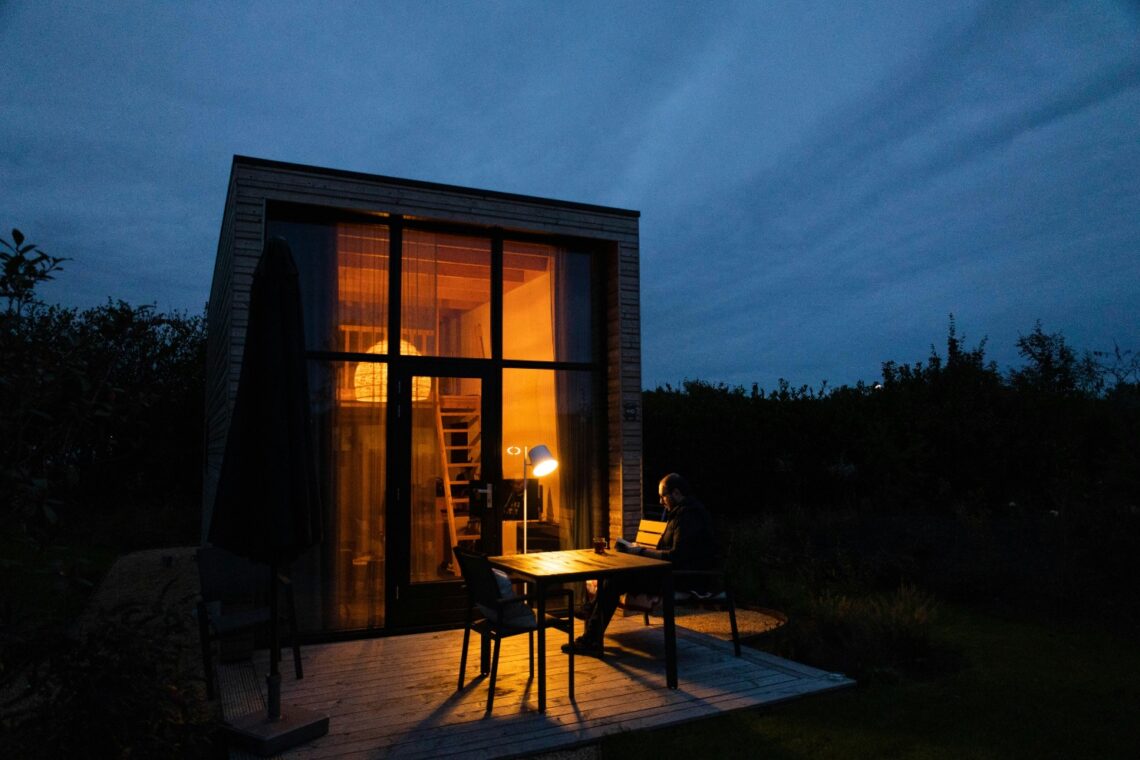Writing often conjures up images of a lone figure, hunched over a desk, lost in a world of thoughts and words. There’s a certain romance to the idea of solitude in the writing process – it’s where many writers find their deepest focus and creativity. In these quiet moments, away from the hustle and bustle of everyday life, ideas can germinate and grow in ways that might not be possible in a more hectic environment.
However, as enchanting as this solitude can be, it’s not the whole story. Balancing this isolation with social interaction can be equally important for a writer’s creativity. Engaging with the world outside – whether it’s a conversation with a friend, a stroll in a crowded park, or a lively book club meeting – can provide a wealth of inspiration.
It’s in these interactions that writers often find fresh perspectives and new ideas that can breathe life into their work. The challenge, then, is to strike a balance between the solitude that nurtures focus and the social experiences that spark inspiration.
The Necessity of Solitude in Writing
Solitude often plays a critical role in the writing process. There’s something about being alone with one’s thoughts that really allows creativity to flourish. In that quiet space, away from the noise and demands of the outside world, writers find the focus necessary to delve deep into their stories. It’s in this personal bubble where ideas can be explored freely, without the immediate influence or interruption of others.
Isolation allows for a level of self-reflection that’s hard to achieve in a busy environment. It provides the mental space to ponder over characters, plot lines, and themes. This kind of introspection can lead to richer, more developed writing. It’s also during these solitary moments that writers often experience those ‘eureka’ moments – sudden bursts of insight or inspiration that propel their story forward in exciting new directions.
However, too much solitude can have its downsides. Prolonged isolation might lead to feelings of loneliness or disconnect from the outside world. Writers might find themselves stuck in an echo chamber, where their ideas circulate without the fresh input that interaction with others can bring.
There’s also the risk of becoming too inward-focused, where the writer loses touch with the very audiences they are writing for. This delicate balancing act between solitude and social interaction is crucial for maintaining not just creativity, but also emotional and mental well-being.
Finding Inspiration in Social Interaction
Social interaction plays a vibrant role in stimulating a writer’s creativity. Engaging with others can be a goldmine for fresh perspectives and ideas that can invigorate one’s writing. These interactions don’t have to be specifically about writing; sometimes, the most random conversations can spark the most creative thoughts. It could be a story shared by a friend, an overheard dialogue at a café, or even a debate on a social issue that provides the seed for a new story or character.
For instance, participating in a book club or a writing group can expose a writer to different viewpoints and genres they might not have explored on their own. Attending workshops, literary events, or even casual meetups with other writers can offer a sense of community and belonging, which is often lacking in the solitary life of a writer. These gatherings can also be a source of motivation and encouragement, which are essential for keeping the creative fires burning.
Networking and community involvement are invaluable for writers. Building connections within the literary community can open doors to new opportunities, such as collaborations, publishing leads, or mentorships. Collaborative projects, in particular, can be a unique way for writers to expand their creative horizons. Working with others on a piece of writing can bring together different strengths and ideas, leading to something truly original and inspiring.
Striking the Right Balance
Striking the right balance between solitude and social interaction is key to a fulfilling writing practice. One strategy is to set specific times for writing and social activities and stick to them. For example, a writer might dedicate mornings to uninterrupted writing when the mind is fresh, and then use afternoons or evenings for social interactions and engagements. This way, both aspects of the creative process get the attention they deserve.
Another approach is to incorporate social elements into the writing routine in a way that fuels creativity. Writers could join or start a writing group where they can share and discuss their work, providing a platform for both feedback and inspiration. Attending literary events or book readings can also be a great way to stay connected to the writing community without taking too much time away from one’s own writing.
Integrating small social activities throughout the week can also be effective. This could be as simple as a weekly coffee with a fellow writer or a regular phone call to discuss ideas and progress. These interactions can offer a change of pace and a mental break, helping to refresh and rejuvenate the mind.
It’s also crucial for writers to remember the importance of personal well-being and healthy relationships. Writing doesn’t have to mean cutting oneself off from the world. In fact, relationships and personal health are vital sources of support and inspiration. Balancing writing with personal life ensures not just a healthier lifestyle, but also a more sustainable and enriching writing practice.
Ultimately, every writer’s balance will look different. The key is to experiment and find a rhythm that works best for you, one that allows for both productive writing sessions and enriching social interactions. In doing so, writers can enjoy the best of both worlds – the focus and fulfillment that come from solitary writing, and the inspiration and energy drawn from being part of a vibrant, creative community.




No Comments